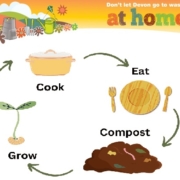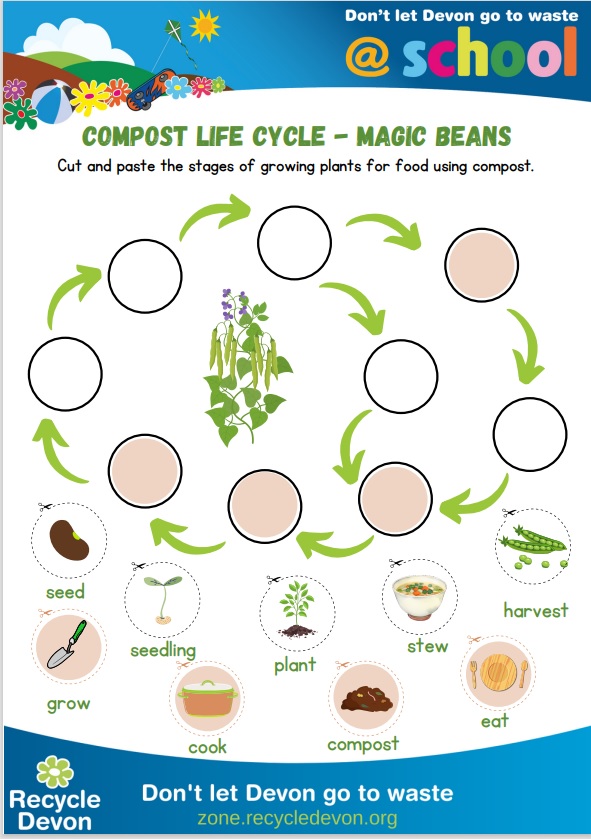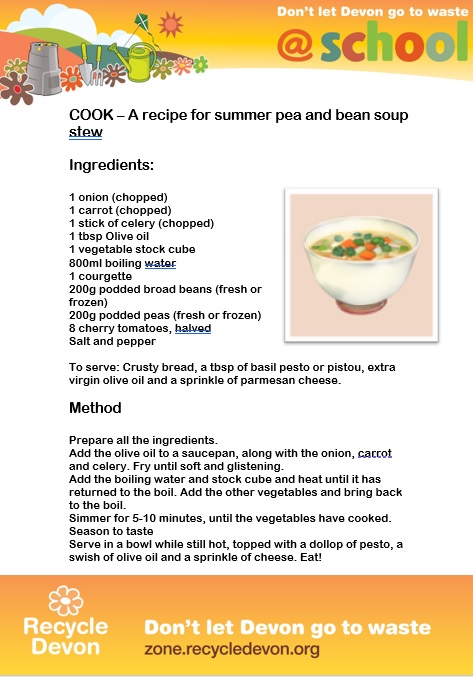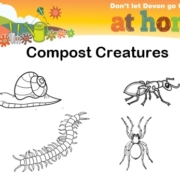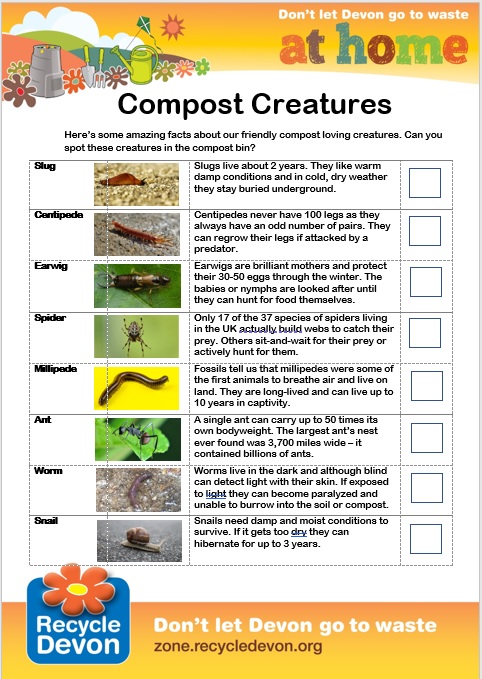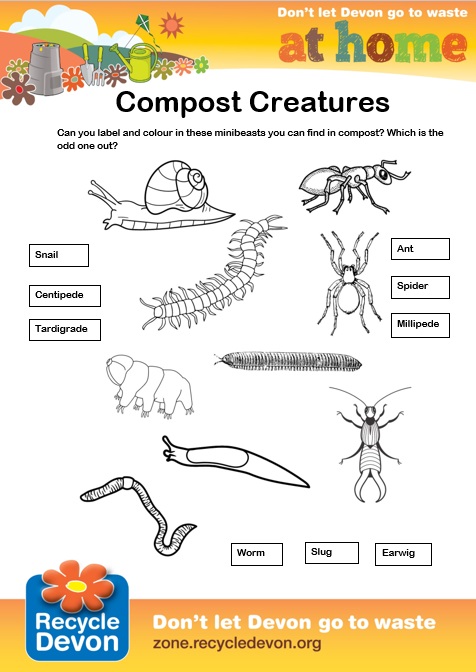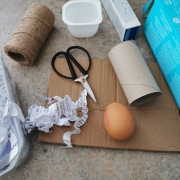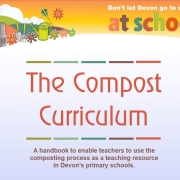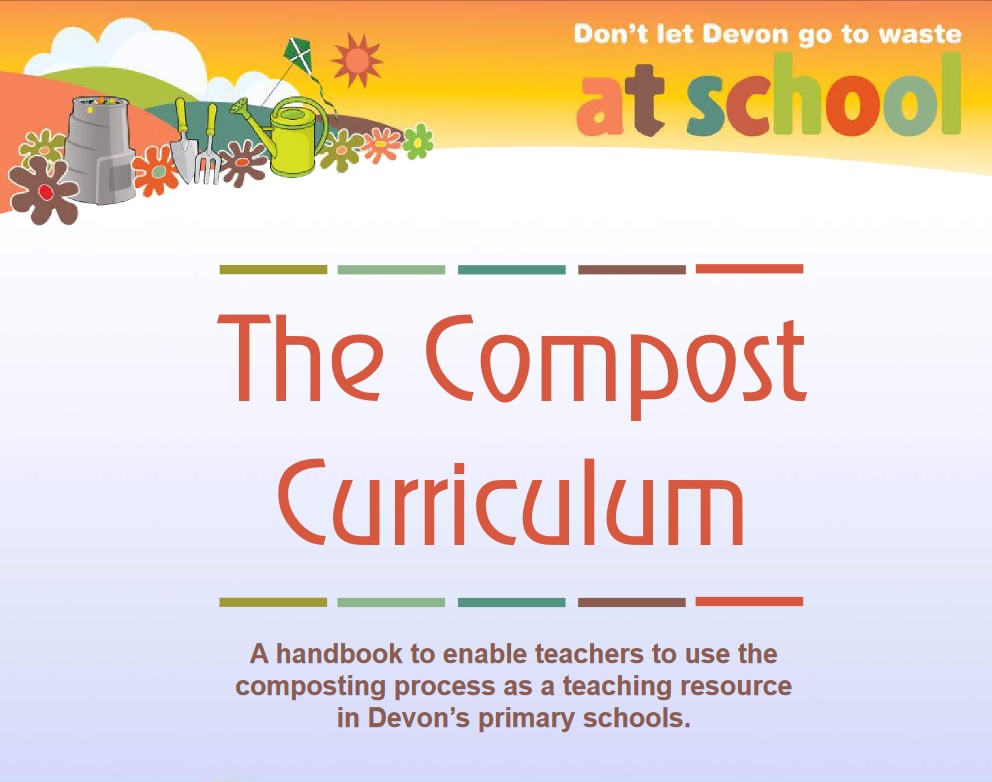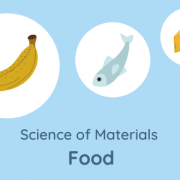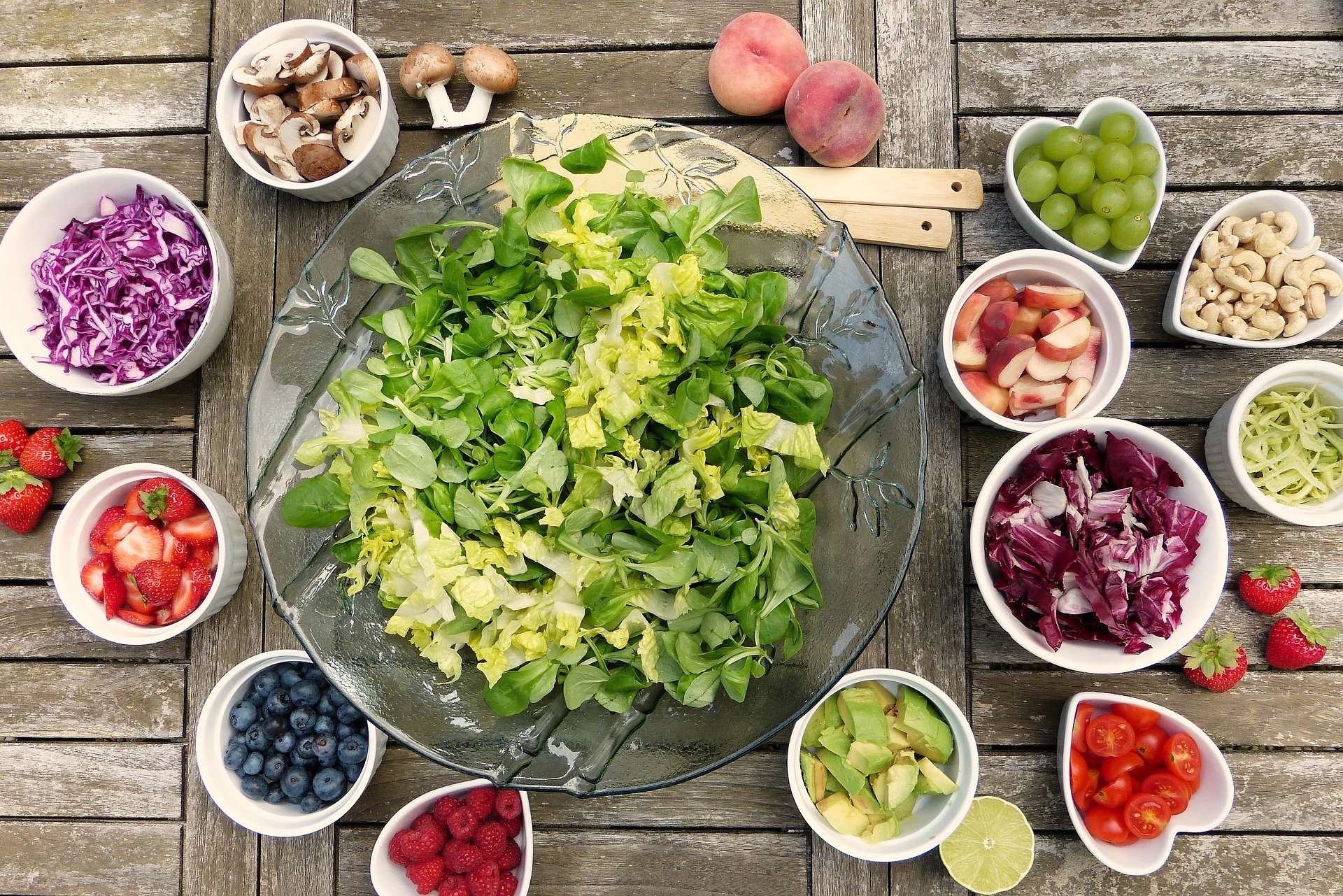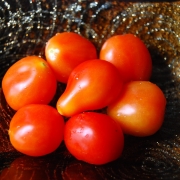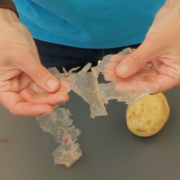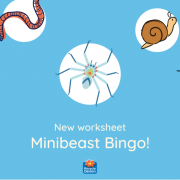We all rely on the science of materials every day as it tells us which are the best materials to use for different things – like not using chocolate to make teapots, or glass to make trampolines. It also shows us how to dispose or recycle items safely and sustainably at the end of their lives.
Food is vital and a precious resource, so isn’t it crazy that we waste about a third of all food produced! Check out our resource pages to find out more about Food Waste.
Food can be recycled almost everywhere in Devon. Most districts collect food waste in special caddies in their kerbside collections (see our District Recycling Sheets).
The worksheets on this page will help young people understand the science behind food waste. We hope doing these activities will create better scientists and more critical thinkers. We know the wicked problems (complex and difficult issues like climate change and biodiversity loss) we are leaving the next generation will need some innovative thinking to solve them!

